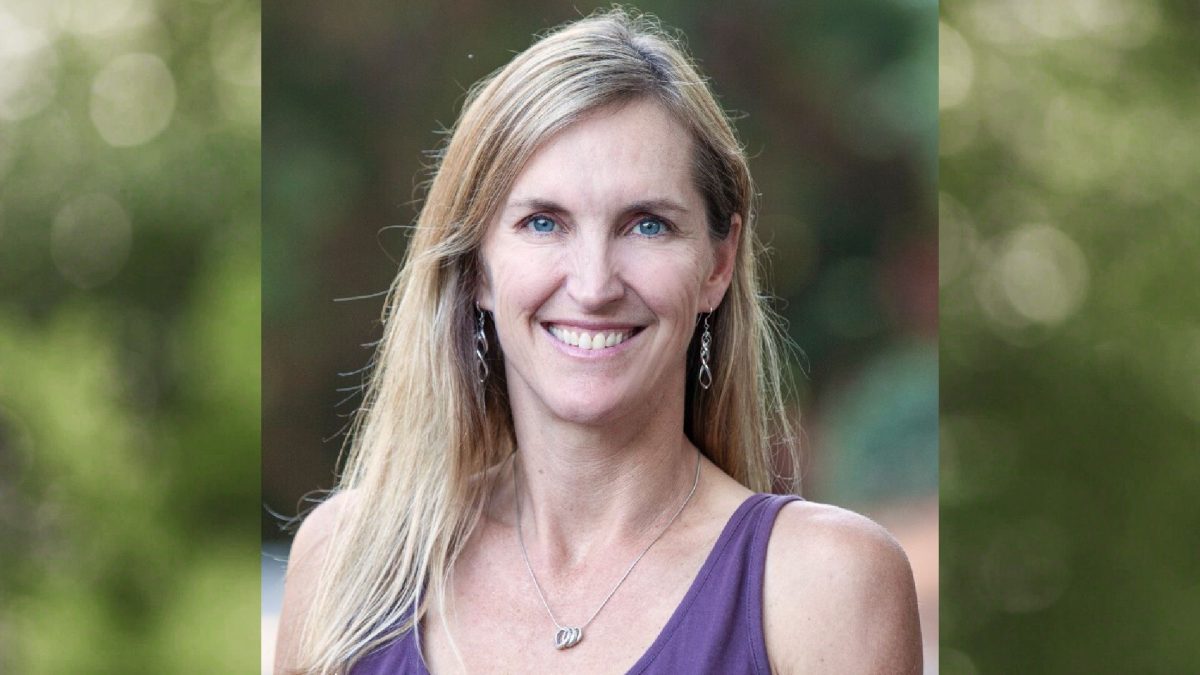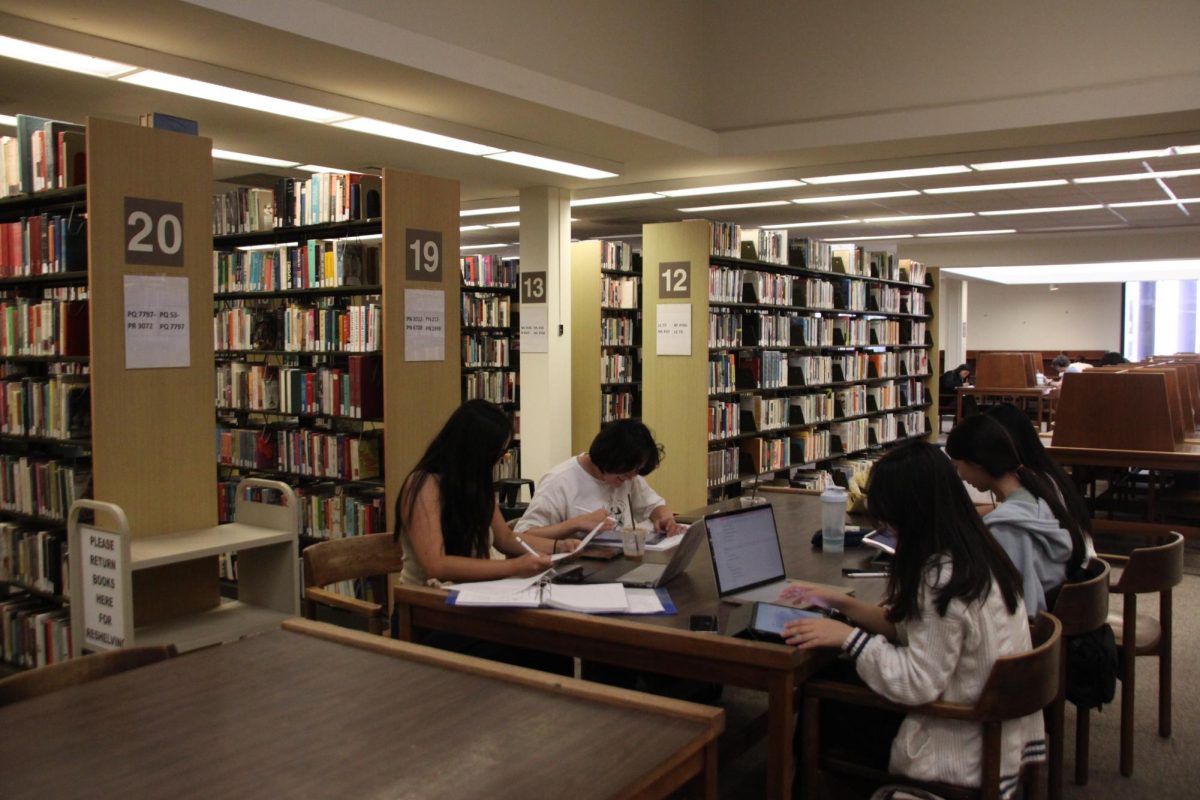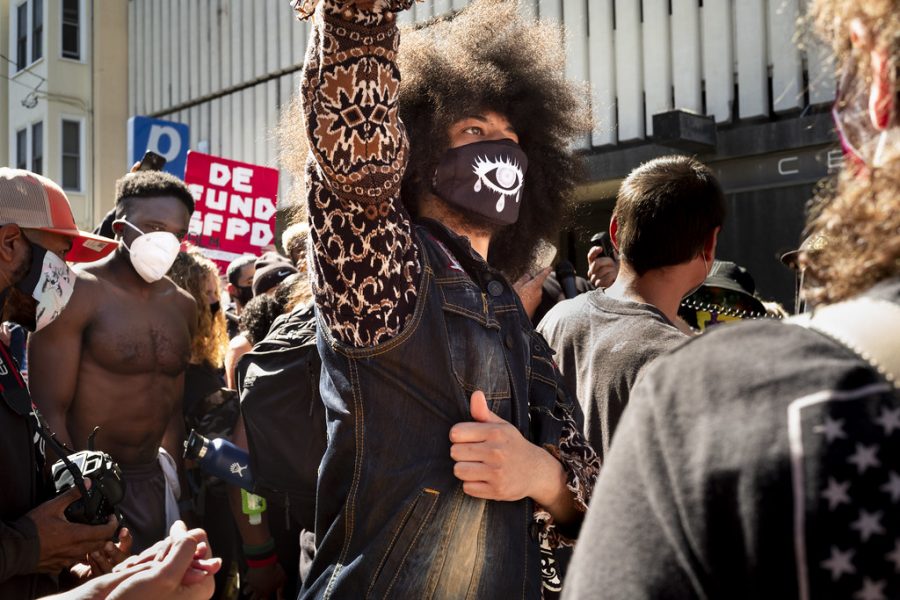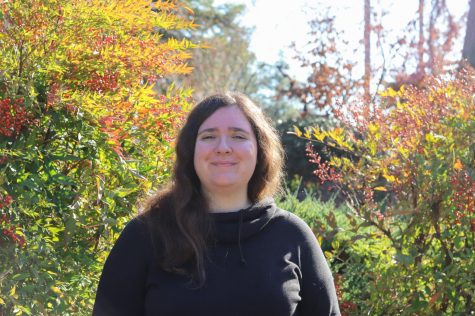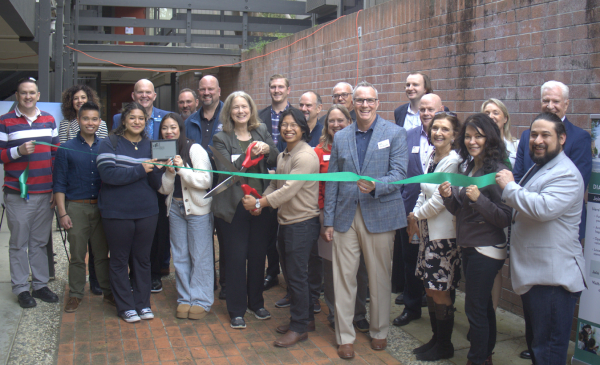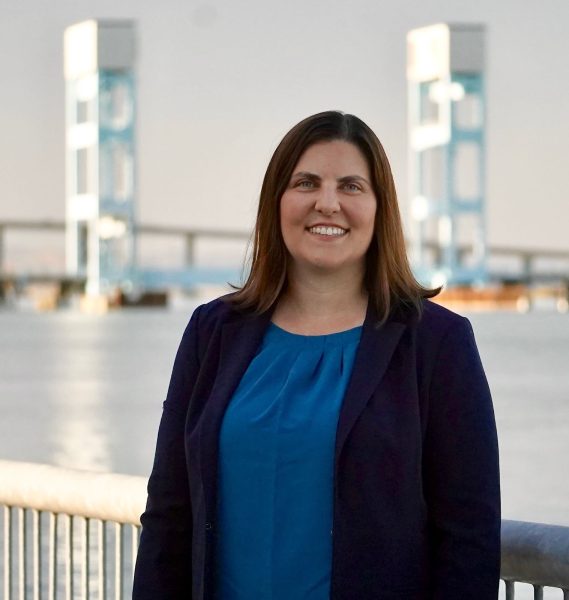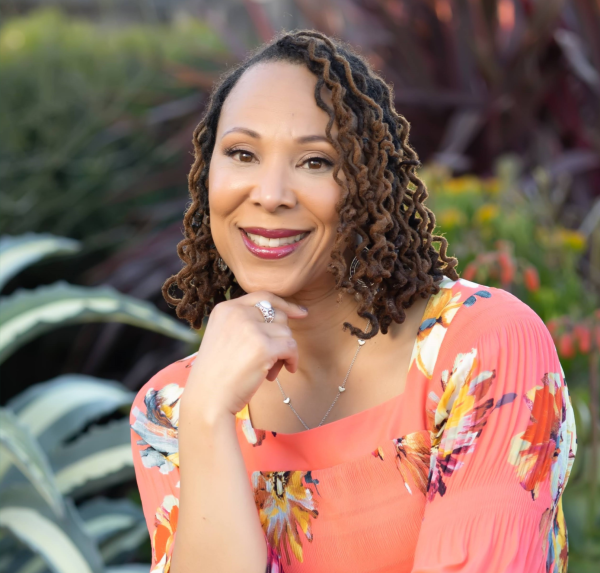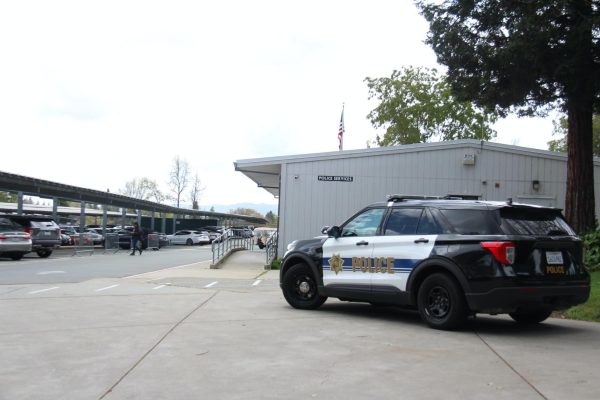“Perilous Times”: Struggling Economically, Minority Communities In Contra Costa Among Those Hit Hardest By Pandemic
October 20, 2020
Minority communities in Contra Costa County that have been disproportionately impacted by COVID-19 may be victims of larger, systemic oppression which is hurting similar populations economically across the state.
Speaking last week as part of Diablo Valley College’s Social Justice Speakers series, Dr. Vanessa Tyson, a professor of social sciences at Scripps College and the author of Twists of Fate: Multiracial Coalitions and Minority Representation in the U.S. House of Representatives, discussed the recent hardships minorities have faced since the coronavirus and racial justice protests exploded across the U.S. in the spring.
“We live in perilous times,” said Tyson. “With COVID-19 we’ve seen a disproportionate impact on black and brown communities across the country.”
Contra Costa has registered more than 18,000 positive cases of COVID-19, out of the state’s 870,000 reported infections. Hispanic and Latino community members, who make up just over a quarter of the county’s population, account for 43% of the cases.
Tyson said many individuals who have contracted the coronavirus are essential workers who cannot afford to quit their jobs or stay home. In addition, their fatality rates are disproportionately high because they “suffer from any number of maladies that wealthier communities don’t face.”
Black and Hispanic populations are significantly more likely to be diagnosed with known comorbidities, such as diabetes, according to the Centers for Medicare and Medicaid Services.
Tyson blamed inaction in Washington, saying the high number of fatalities, locally and nationally, “could have been prevented had better policies been maintained and improved upon instead of eliminated by our federal government.”
Low-income communities across the U.S. are in desperate need of better healthcare as they struggle medically and economically, according to Tyson.
The fallout from COVID-19 has affected nearly every aspect of society, including the government.
President Donald Trump, who tested positive for the virus earlier this month, was hospitalized at Walter Reed Medical Center for four days where he received top medical care, including experimental treatments like an antibody cocktail produced by the biotechnology company Regeneron.
Trump’s treatment, still unapproved by the Food and Drug Administration, will likely remain unavailable to patients for months. In addition, the cost of the drug could be more than low-income individuals can afford.
Unlike President Trump, most Americans, including minorities, cannot afford personalized healthcare and are instead shoved into overcrowded emergency rooms where they are forced to choose between receiving much-needed medical care or paying their bills.
“The best healthcare should not only be reserved for members of Congress,” said Tyson.
She added, “The average household income for white families is about twice that of black and brown families in the United States.”
Lack of public attention has also resulted in the neglectful treatment of minority communities during the pandemic.
“When they don’t have to see us [at home], they don’t have to see what we’re experiencing on a day to day level. Then [people] have an easier time divorcing themselves from us, and not giving consideration to our humanity and our needs,” Tyson said.
Although change can happen on a local level, such as offering masks to those who cannot afford them, Tyson said those actions aren’t enough. Small changes in the law, or one-time stimulus checks, will not save economically disadvantaged communities.
“We have to hold politicians accountable. We have to hold each other accountable, and we have to say time and time again: ‘No, not good enough.’”
She added, “Democracy is not a spectator sport.”






















